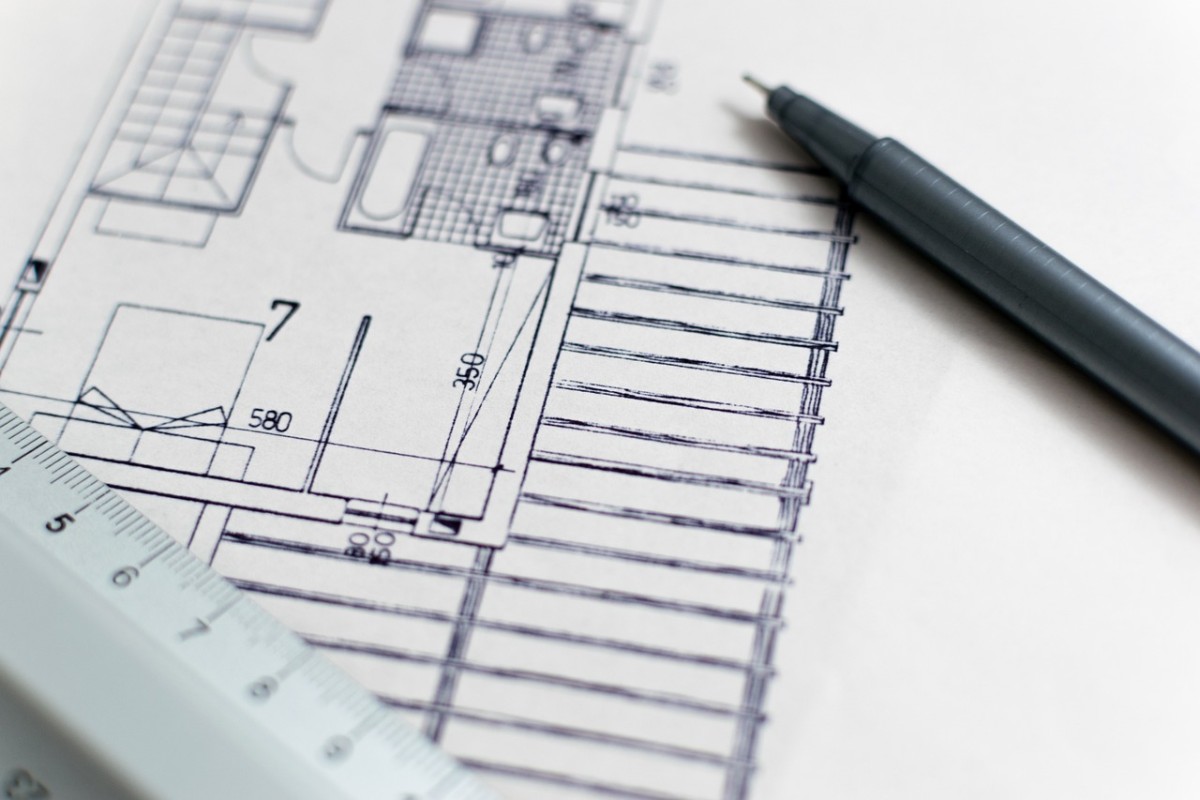
Knowing a property's value is essential when you are ready to buy a home. However, there is not just one value to consider, but two (or even three if the final purchase value is taken into account). The most relevant are the rateable value and the market value. What is the difference between them and what do they imply?
Rateable value and market value: what are the differences?
There are several differences between these concepts:
- The market value is obtained from a valuation or when the transaction itself takes place, whereas the rateable value comes from the property registry's online database.
- A property's market value takes into account temporary factors, such as demand or the economic context. The rateable value, on the other hand, uses objective information on the property's real value.
What is the rateable value, and what is it used for?
The property registry is a database of all the data of properties built in Spain, including the rateable value, also known as a cadastral value, an administrative value objectively set for each property, obtained by applying the valuation criteria set out in each area's property value report.
It is important to ensure that the rateable value is in line with the property, as it affects how much tax is paid and determines the property tax base (IBI in Spain). Therefore, if this value is correct, the taxes levied on the property will be fair and the owner will not have to pay more annually.
What is the market value?
The market value of a property fluctuates and depends on several factors, especially demand. If many buyers are interested in purchasing a given property with specific characteristics, its market value will rise. If not, it will go down.
How are the rateable value and market value calculated?
The following sections will explain how a property's market value is calculated and how it is different to calculating the rateable value:
How to calculate a property's rateable value
Rateable values can be updated annually by applying coefficients approved by the corresponding General State Budget Laws.
To find out the rateable value, the property registry takes into account a series of factors and criteria such as:
- The property's location
- The construction's value
- The land's value
- The property's age
- Alterations or renovations
- Artistic or historical value
Moreover, any alterations made to a property's surroundings could change the rateable value, e.g. improvement works in the property's street.
The rateable value takes into account objective factors such as those mentioned above, but not other indicators such as supply and demand. Furthermore, it cannot be higher than a property's market value and therefore a market coefficient of 0.5 has been set. Ideally, the rateable value should be 50% of the market value.
Calculating a property's market value
Valuation is the method that gives the closest estimation of a property's market value. Often, if the property is sold through an estate agent, the agency will be responsible for setting a price.
A property's value can also be calculated by conducting a market study, finding out how much houses with the same characteristics are selling for in the area, and looking at the state of conservation and the land's value, among other things.
Setting an appropriate and realistic value will help to make a house sale more agile. A house that is above the market value will rarely be sold and if someone were to be interested in buying, they may have problems when trying to get a mortgage, as the banks are often in charge of the valuation.
If you would like to know how your house is on the market, you can use idealista's free valuation tool.
Rateable value higher than market value
Selling a property above the rateable value is common and legal. Selling above the rateable value will influence tax payments, depending if the capital gains tax calculation is objective (i.e. the rateable value is taken into account) or real (i.e. the rateable value is not taken into account).
Difference between tax value and market value
The tax value is obtained by technical analysis. The market value refers to the amount a buyer is willing to pay for a given property. The two concepts are closely related.